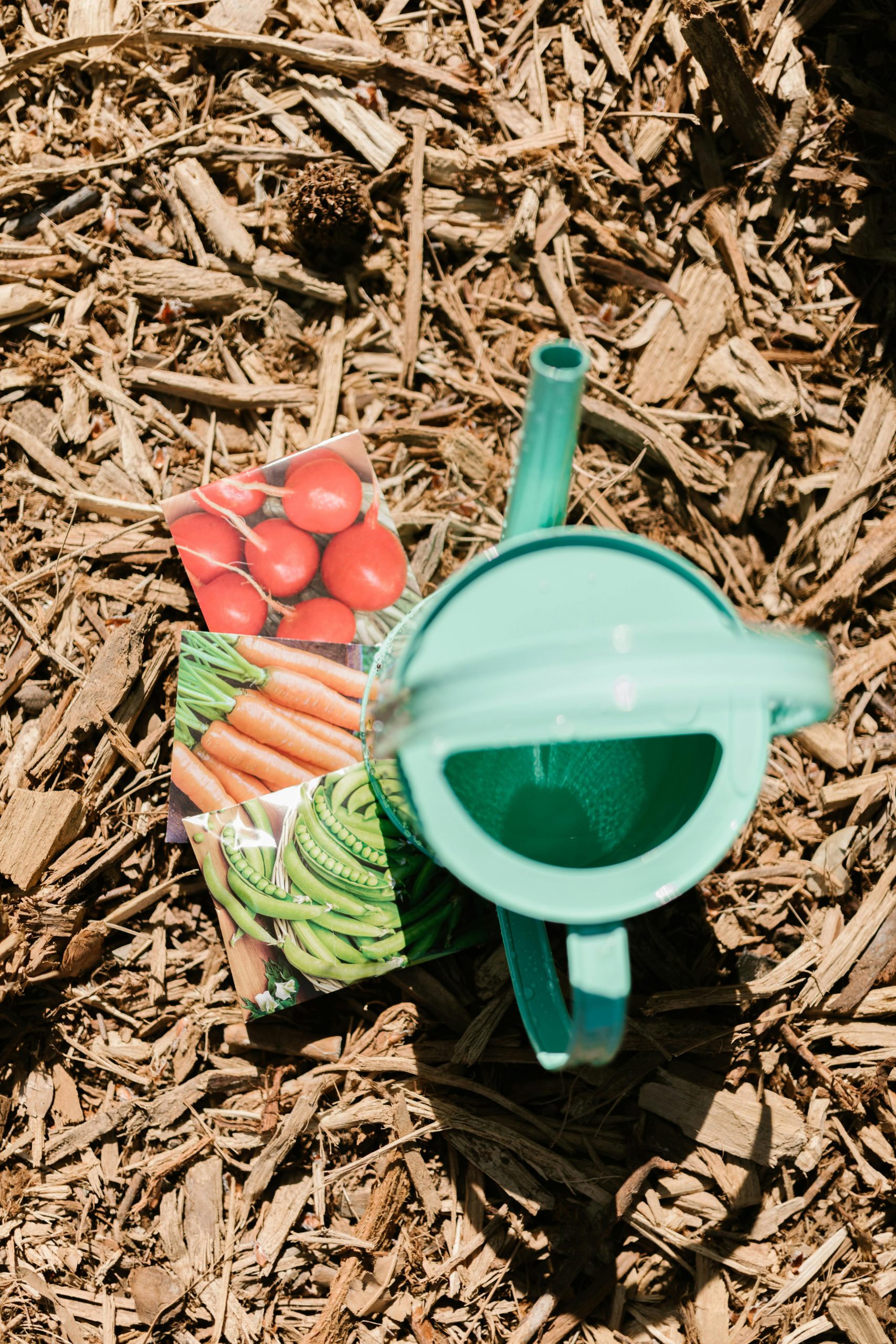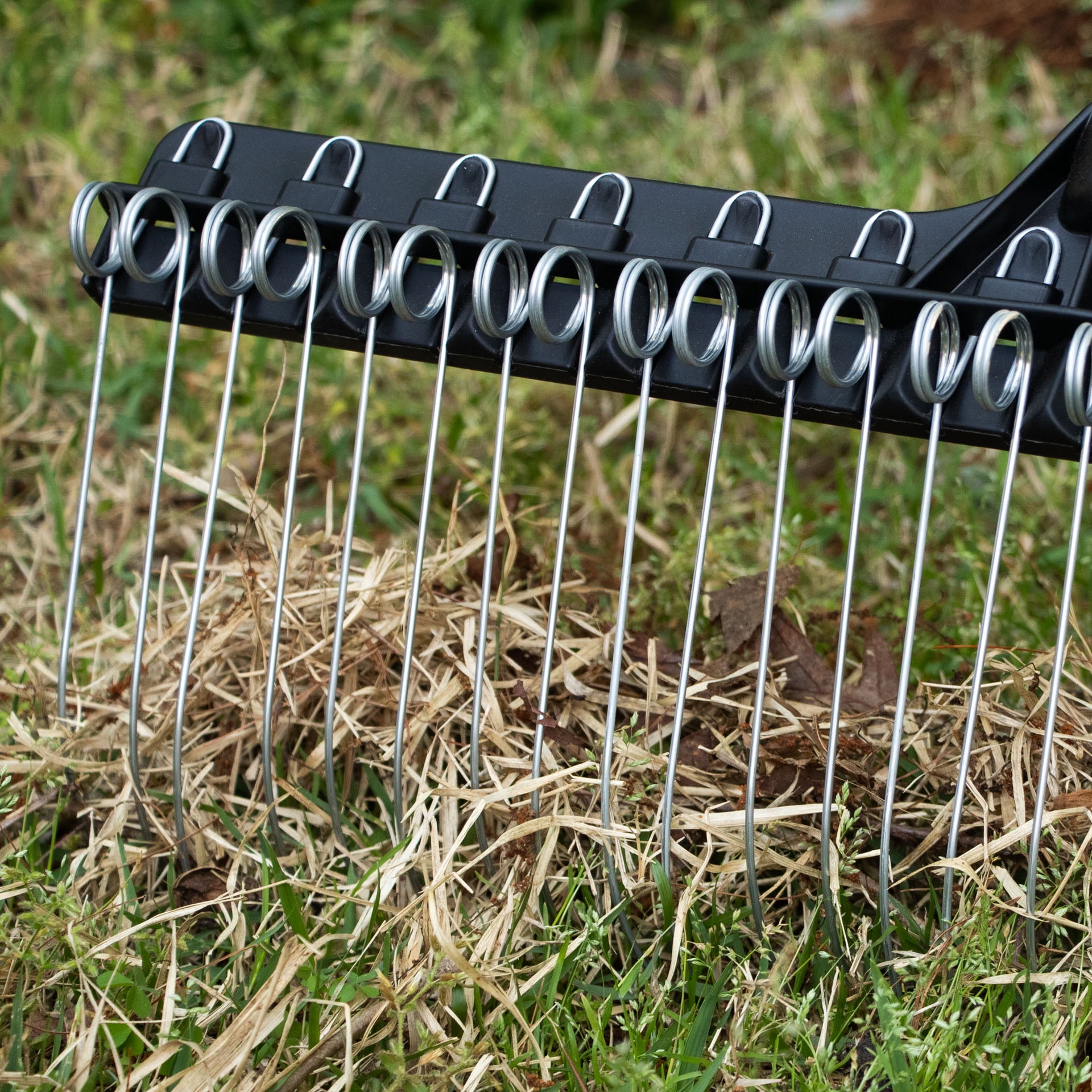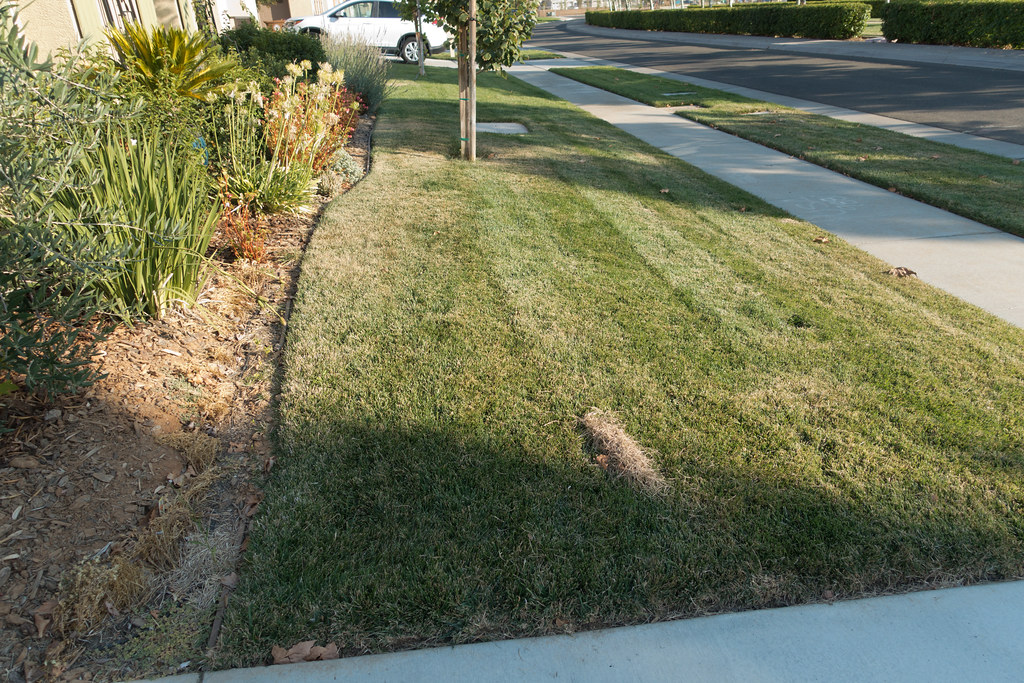Mulch plays a vital role in any landscaping project, providing numerous benefits such as improving soil health, reducing weed growth, and enhancing the overall appearance of your yard. With so many mulch types available, it’s essential to choose the right one to meet your specific landscaping needs. This guide will break down the various options and help you make an informed decision.
What is Mulch and Why is it Important?
Mulch is a layer of material applied to the surface of the soil. It serves multiple purposes, including:
- Retaining moisture
- Regulating soil temperature
- Preventing weed growth
- Enhancing soil fertility (in the case of organic mulch)
- Adding aesthetic appeal to your landscaping
Types of Mulch
There are two main categories of mulch: organic and inorganic. Each type has unique advantages and drawbacks, depending on your landscaping goals.
Organic Mulch
Organic mulch is made from natural materials that decompose over time, enriching the soil.
- Wood Chips and Bark
- Ideal for flower beds and around trees.
- Long-lasting and visually appealing.
- Retains moisture well but may attract pests.
- Straw or Hay
- Perfect for vegetable gardens.
- Helps with soil erosion and keeps fruits and vegetables clean.
- Decomposes quickly, adding nutrients to the soil.
- Grass Clippings and Leaves
- Cost-effective and readily available.
- Best for garden beds but may compact if applied too thickly.
- Compost
- Rich in nutrients, making it ideal for vegetable gardens.
- Improves soil structure and water retention.
Inorganic Mulch
Inorganic mulch does not decompose and is primarily used for decorative or functional purposes.
- Gravel and Stones
- Great for high-traffic areas or xeriscaping.
- Long-lasting and effective in preventing soil erosion.
- Does not improve soil health.
- Rubber Mulch
- Made from recycled tires, ideal for playgrounds.
- Low-maintenance and durable.
- Does not decompose and may have an artificial appearance.
- Plastic or Landscape Fabric
- Often used under other mulch types to prevent weed growth.
- Effective for controlling moisture but not aesthetically pleasing on its own.
Factors to Consider When Choosing Mulch
1. Purpose
Determine the primary goal for your mulch: moisture retention, weed prevention, soil enrichment, or aesthetic appeal.
2. Budget
Organic mulches like grass clippings are cost-effective, while decorative options like bark or gravel may be more expensive.
3. Climate
Consider your local climate. For example, wood chips are ideal for retaining moisture in dry areas, while stones work well in windy locations.
4. Plant Type
Different plants thrive with different types of mulch. For example, acidic-loving plants like azaleas prefer pine bark, while vegetable gardens benefit from nutrient-rich compost.
5. Maintenance
Inorganic mulches require less maintenance but do not contribute to soil health, unlike organic options that need periodic replenishment.
Tips for Applying Mulch
- Prepare the Area: Remove weeds and level the soil before applying mulch.
- Add Landscape Fabric: Use fabric as a base for inorganic mulches or for areas with persistent weed problems.
- Spread Evenly: Apply mulch in a 2-4 inch layer for optimal coverage. Avoid piling mulch against plant stems or tree trunks.
- Replenish Regularly: Organic mulches decompose over time and need replenishment to maintain their benefits.
FAQs About Mulch
1. How often should I replace mulch?
Organic mulch should be replenished once or twice a year, while inorganic mulch can last for several years without replacement.
2. Can I mix different types of mulch?
Yes, combining mulch types can be beneficial. For instance, you can use compost for soil enrichment and wood chips for decorative purposes.
3. Does mulch attract pests?
Organic mulches like wood chips may attract insects, but proper maintenance and occasional turning can minimize this risk.
Final Thoughts
Choosing the right mulch for your landscaping needs involves balancing functionality, aesthetics, and maintenance. Whether you opt for organic options like bark and compost or inorganic materials like gravel and rubber, the right mulch can transform your yard into a beautiful and sustainable space.
Ready to elevate your landscaping game? Start mulching today!



